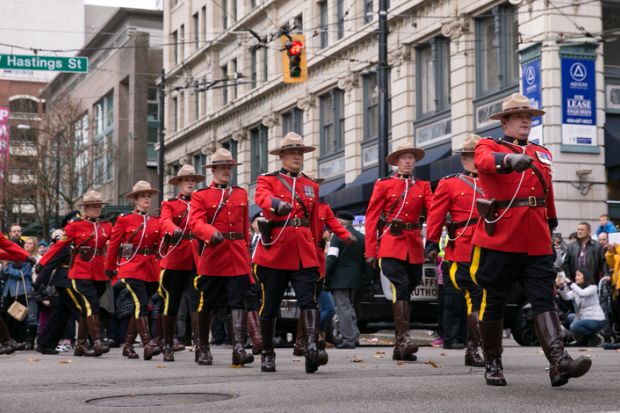The Trudeau administration is showing growing impatience with problems related to Canada’s rapidly expanding intake of international students, warning campus and local leaders that the federal government will take a tougher line on fraud and exploitation if they do not.
Just a few weeks after the nation’s housing minister floated the idea of capping student arrivals, the immigration minister blamed provinces and institutions for balancing their budgets on the backs of overseas students.
“I’m not here to shut down a business model that makes sense,” the federal immigration minister, Marc Miller, told a news briefing at a campus of Sheridan College, just outside Toronto. “But what we are seeing in the ecosystem is one that has been chasing after short-term gain without looking at the long-term pain.”
Provincial and institutional leaders fundamentally needed to align their treatment of international students with the benefits they received from them, Mr Miller warned. “If that job can’t be done, the federal government is prepared to do it.”
Canada is one of the world’s most popular destinations for college students going abroad, now hosting 900,000 students at a time. Those students in Canada pay an average of more than C$36,000 (£21,000) a year, nearly six times the amount paid by domestic students.
Mr Miller visited Sheridan to outline updates and expansions to the government’s toughening of rules on international students – an initiative driven partly by the discovery earlier this year that hundreds of people from India had arrived with questionable study authorisations, and partly by growing concerns over housing shortages nationwide.
He repeatedly took care to note his appreciation of the social and economic value of foreign students in Canada, and the limits of his official concern as immigration minister. But he suggested that Canadian provinces and institutions – especially during the three years since the global Covid outbreak – had greatly expanded their use of international student tuition fees to cover their costs.
“There has been consistent underfunding of postsecondary education,” Mr Miller said, “particularly by provinces, depending on the province, over the years – and institutions are smart and have adapted to that.”
That underfunding had produced, “at times, opportunistic fees that have been charged to international students to close a gap that is really an unnatural one, and shouldn’t be the case in a country like Canada”, he said. “That’s a reality that we all have to start talking about.”
Mr Miller’s ministry has been creating a system through which colleges and universities can win certifications of trust that give them expanded rights to designate international students for approvals to study in Canada.
The new updates Mr Miller outlined at Sheridan included details for institutional eligibility for the approval system and timelines for implementing it by the coming academic year. Yet he also described a new requirement for postsecondary to confirm every applicant’s letter of acceptance directly with federal officials. The government is also beginning the first formal review in a decade of the Post-Graduation Work Permit programme, he said.
Canada’s explosion in international student enrolment has created “perverse incentives” for fraud and other harmful behaviours that have “magnified greatly over the course of the last three years”, said Mr Miller, a friend since childhood of the nation’s prime minister, Justin Trudeau. “It is a big issue that we need to discuss.”




